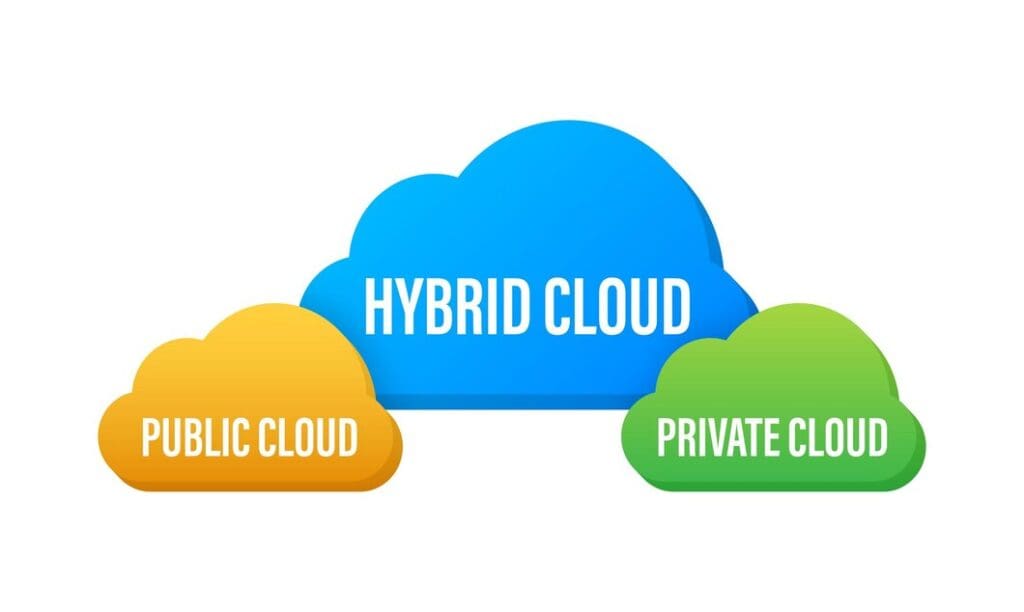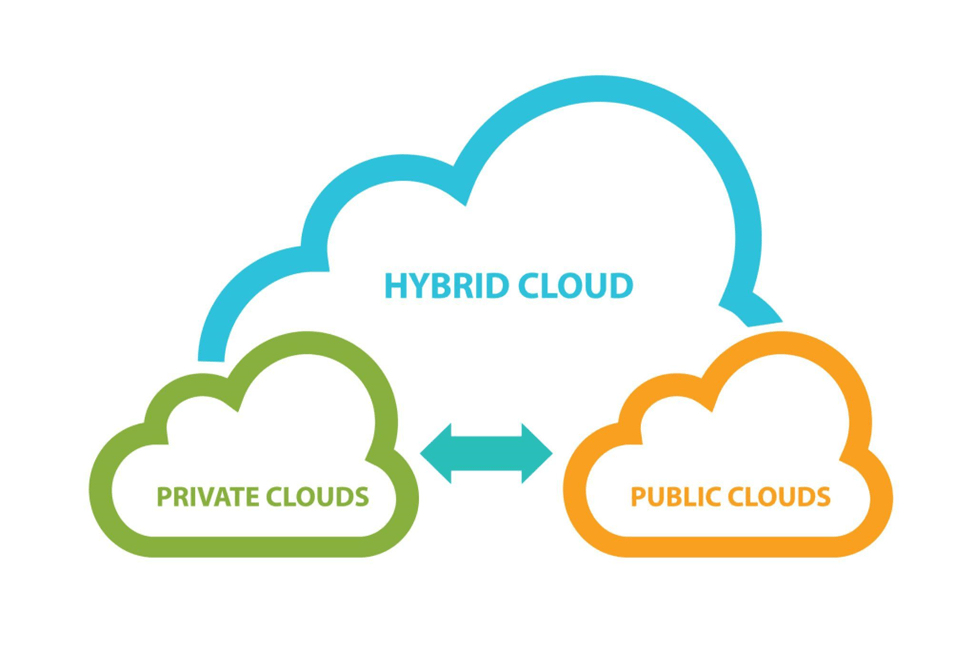Future Trends in Cloud Adoption and Digital Transformation: What’s Next for Your Business

Cloud computing is becoming increasingly popular due to the quick rate of technological innovation and the growing desire for digital transformation. The cloud has rapidly emerged as an integral component of many companies’ ongoing digital transformation efforts, and this trend is anticipated only to accelerate. In this article, we will investigate the future trends in cloud adoption and digital transformation, as well as the influence that these trends will have on your business.
Digital Transformation & Cloud Adoption: A Roadmap to Modern Business Success

In the era of digital transformation, where companies of all sizes swiftly adopt technological innovation to keep up with the demands of a dynamic and unpredictable marketplace, cloud adoption has become vital to their success. It allows them to quickly and easily gain access to massive amounts of data, expand their operations globally, and work together effectively regardless of physical location.
Kubernetes in Production: Tips and Tricks for Managing High Traffic Loads

In today’s digital world, websites and applications are expected to handle a high traffic volume, especially during peak hours or promotional campaigns. When server resources become overwhelmed, it can lead to slower response times, decreased performance, and even complete service disruptions.
Understanding the Difference Between Private and Public Clouds

In a nutshell: The article explores the similarities and In a nutshell: The article explores the similarities and difference between private and public clouds and will help you decide which is best for your organization. Businesses have a choice between private and public clouds, and each has its own unique set of benefits and challenges. While both have advantages and drawbacks, the right choice depends on your business needs, goals, and budget.
Why Do Companies Use Hybrid Cloud [5 Real Examples to Incorporate to Your Business Strategy

Since businesses increasingly rely on data and digital technology, cloud computing has become an integral part of their strategy for IT. While the public cloud has long been a go-to option for many companies, the hybrid cloud has emerged as an appealing alternative that provides the advantages of both public and private clouds – according to Flexera’s study, 87% of enterprises have adopted a hybrid cloud strategy, with 50% of workloads currently located within this environment. Furthermore, 84% have implemented multi-cloud strategies, showing the widespread appeal of using multiple cloud providers.
Different Roles in the Cloud – Complete Job Description

What are the Different Roles in the Cloud? Cloud computing has become an increasingly popular way for businesses to store and process data. According to a report by Gartner, The worldwide public cloud services market will grow 17.5% in 2019 to reach $214.3 billion, up from the 2018 total of $182.4 billion.”
As more businesses move their operations into the cloud, demand for experienced professionals who can manage these systems has also grown significantly. Cloud computing includes a range of roles, each with their own set of responsibilities and necessary skill set, mostly requiring expertise in areas such as infrastructure management, security protocols, and software development. Let’s go thrught the job description of each position, so you can find the right professional for your needs.
How are Hybrid Clouds Implemented?

Implementing a hybrid cloud environment has now become a major gateway to modernize your business. According to 82% of firms are now utilizing or planning to employ a hybrid cloud solution within the next 12 months, demonstrating the widespread adoption of this strategy. Most companies prefer to opt for a hybrid cloud strategy due to its various benefits, like data security, flexibility, cost-effectivity, and scalability. Despite these benefits, the path of adopting a hybrid cloud model is a bit complex due to certain challenges like security and governance.
Hybrid Clouds Architecture: Everything you Need to Know

As digital transformation continues to expand, businesses face the overwhelming challenge of managing and processing all the data produced daily. According to Statista, Global data production is forecasted to rise from 64.2 zettabytes in 2020 to 180 zettabytes by 2025 – emphasizing the need for effective data management.
The Most Common Use Cases of Hybrid Clouds

Cloud computing’s popularity has increased as more businesses are aware of its benefits. According to Flexera 2020 State of the Cloud Report, around 80 percent of enterprises have a hybrid cloud strategy. They are adopting hybrid clouds for cost savings, greater agility, resiliency, availability, performance and scalability.
Why is a Hybrid Cloud Strategy Important?

The hybrid cloud infrastructure remains the future for many companies as the cloud continues to evolve. According to Statista, “the global hybrid cloud market is expected to reach $262 billion in 2027.” But why and how do companies determine if they’re one of them? Let’s explore in this article below.


